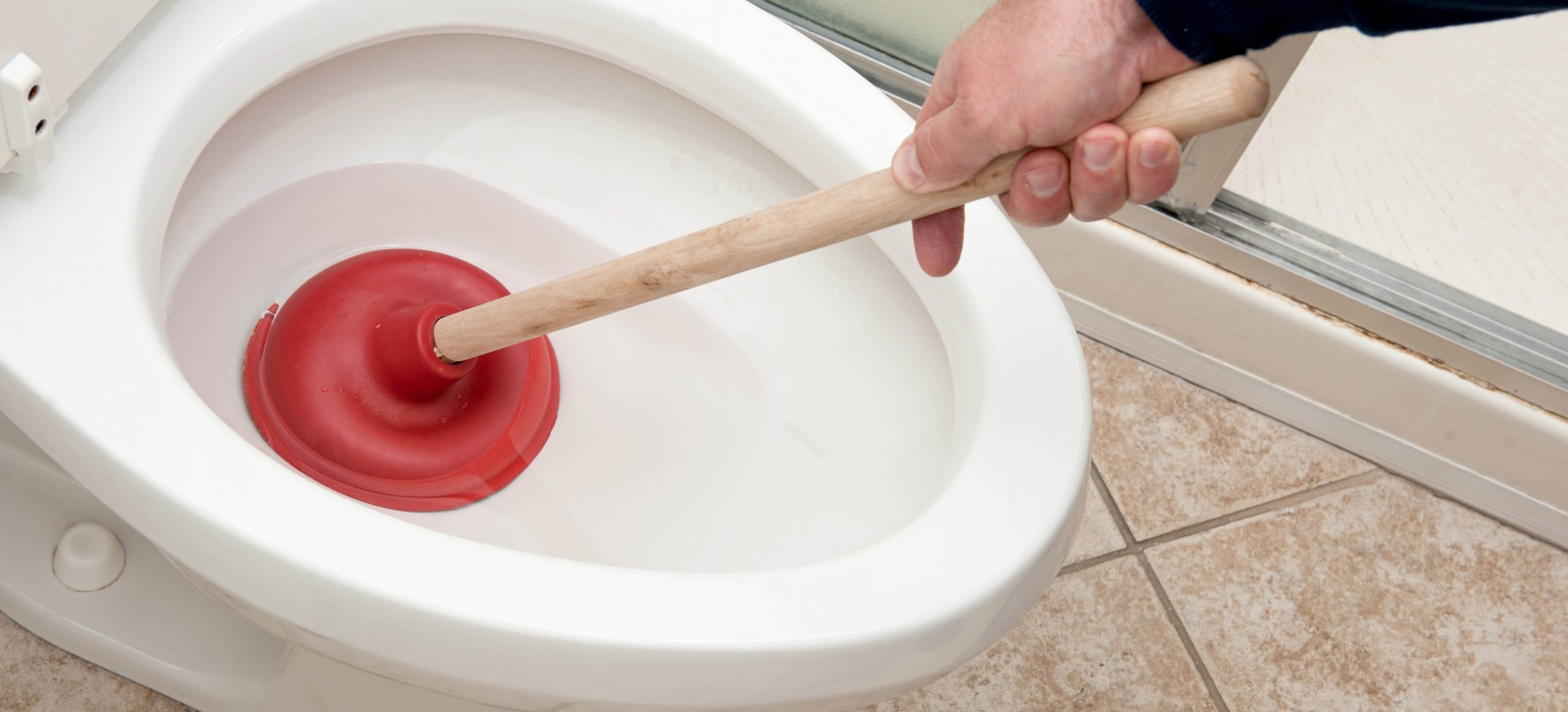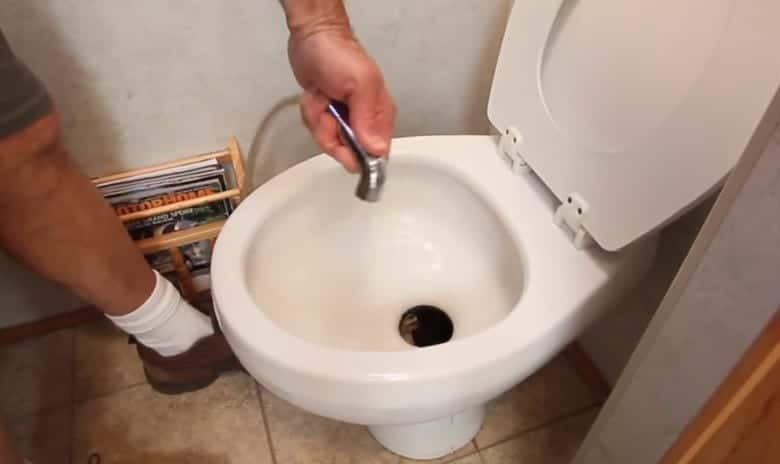We have come across this post relating to How to Effectively Clean Your Drains down the page on the net and reckoned it made perfect sense to share it with you over here.

Cleansing a drainpipe is not enjoyable whatsoever, however it is a vital part of being a home owner or tenant. When you clean your washroom drains each month, you can prevent blockages, prevent bad odors, and identify underlying problems that can bring about expensive repair service costs. Cleansing a drainpipe is simple, and only takes ten mins with a serpent as well as drain cleaner. While there is absolutely nothing incorrect with cleaning your washroom drains yourself, we suggest that you have a plumber clean all of the drains pipes in your residence every couple of months. Right here is an extensive take a look at why you must clean your shower room drains every month:
Recognize Underlying Issues
When you tidy your drainpipe once a month, you can determine underlying concerns prior to they become serious issues. For example, if you discover particles appearing of your shower room drains with a serpent cleaner, they could be rusting. Any kind of irregular things appearing of a drain should raise worries. If it is not just the normal hair and also gunk, you should speak to a plumber to see if your bathroom drains pipes requirement to be repaired.
Prevent Bad Odors
There is nothing more humiliating than a foul-smelling shower room. Obstructed drains can cause bacteria to accumulate, leading to pungent odors. A specialist plumber can not only unclog your drainpipe however likewise deodorise it. You can pour warm water and also bleach down the drain to eliminate several of the negative scents, however that is only a short-term solution.
Prevent Clogs
One of the most apparent factors for cleansing your bathroom drains pipes every month is to avoid clogs. A whole lot more drops the drainpipe than you would think-- skin flakes, eyelashes, dirt, and hair. All of these particles collect as well as at some point trigger obstructions. Also a small clog can make your sink or shower basically unusable. When you clean your drains pipes routinely, you will not wind up with deep blockages that call for solid chemicals and specialist tools. While you can clean your restroom drains pipes by yourself, we suggest that you call a plumber to professionally clean your drains a couple of times each year.
Faster Draining
Do you hate the feeling of standing in a couple of inches of water in the shower? A slow-draining sink or shower is a good indication that you need to clean the pipelines. When you clean your drains pipes monthly, you must never have to bother with slow-draining sinks or showers. Not only that, yet faster-draining pipelines aid maintain your sink and also shower cleaner.
Protect Against Comprehensive Damages
As stated, frequently cleansing your washroom drains pipes can assist determine underlying problems that are much more major than a sink blocked with hair. The typical price to repair a drainpipe line is $696, which is a lot more expensive than the mere $10 it takes to clean your drains monthly. Serious obstructions can damage your entire plumbing system and also have an impact on the public systems as well as the top quality of water.
DIY Drain Maintenance
Food Deposits
This is probably the most common reason for drain blockages in the kitchen. To make this a less infrequent occurrence it is always a best practice to clear all your plates and dishes before putting them in the dishwasher. This will keep all the food remainders from getting stuck in your dishwasher drain. It's also a best practice to run hot water down your drain after rinsing all of your dishes. Its also a great idea to use a sifter to catch food from the rinsing before it goes into the drain. For all the food that does end up down in the drain, using a grinding disposer helps to puree the waste so that it rinses down the drain easier. Without a disposer, full chunks can get down into the drain and cause a major blockage.
Fluids
Some fluids have a tendency to harden up and cause a blockage when they sit inside the drain for a long time. This can happen in both Kitchen drains and Bathroom drains. Some of the common liquids that do this are grease from pans, toothpaste, liquids with food in them (rice, pasta) and heavy liquids. The best thing to do is eliminate or reduce how much of these liquids go down the drain by throwing them into the garbage can.
Flush It With Hot Water!
Drains love hot water! Especially kitchen drains that tend to accumulate food residue and grease. Hot water softens up blockages, grease and and oils. It helps to counteract the buildup of these negative things. Now "hot" is a relative term. This doesn't mean that you should go boil a few gallons of water and pour it down there, you'll likely melt any plastic drains you have! But most homeowners only have their hot water tanks heating between 95-115 Degrees Fahrenheit, not quite hot enough! So the best practice for this is heating up water for just a few minutes for about 140 Degrees, and then pouring it down! Making this a regular practice will help keep those kitchen drains nice and clean.
Controlling the Hair!
Hold on to your wigs Guys and Gals, hair is one of the most common clogger of drains! When we go out to clean out a drain in a bathroom it is nearly always a problem caused by holdup of hair! It never seems like much of a problem when a hair or two goes down the drain but they tend to get caught on everything like the drain stopper, the bends in the drain, and other slight blockages so then after a few months of not being diligent it gets all clogged up! The best practice for this is to try to reduce the amount of hair that goes down any of your bathroom drains. You can do this by using either strainers on tub/shower drains, wiping up hair in the sink with a tissue instead of rinsing it down,
Sink Plunger/Hand Drain Machines
Drain cleaning equipment is really expensive! We invest heavily in all the right equipment to take care of tough blockages fast and effectively. But that doesn't mean that you can't set up your own little in-house drain cleaning tool center with just a few bucks so you can call us out only when you get in over your head! The best tools to put in here would be just a sink plunger to take care of those little clogs, and if you're really feeling ambitious, a hand crank drain machine. I wouldn't recommend most people using an electronic one without the help of someone experienced because they do have some torque to them and the cable can wrap around your hand or arm if you're not careful and really do some damage to you or the home around you.
https://www.wilsonplumbingandheating.com/blog/2017/august/diy-drain-maintenance/

I am very drawn to How to Effectively Clean Your Drains and I'm hoping you appreciated my post. For those who enjoyed our blog posting if you please make sure you remember to pass it around. Many thanks for your time. Visit again soon.
Request plumbing analysis.